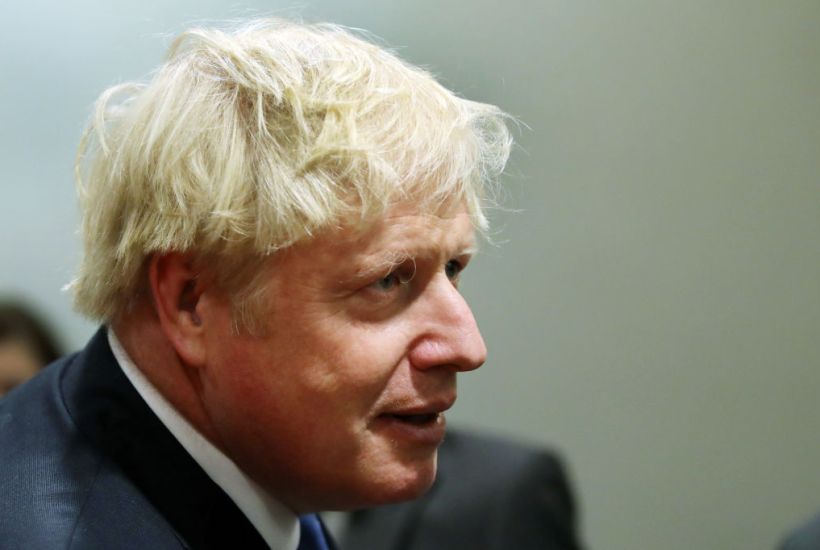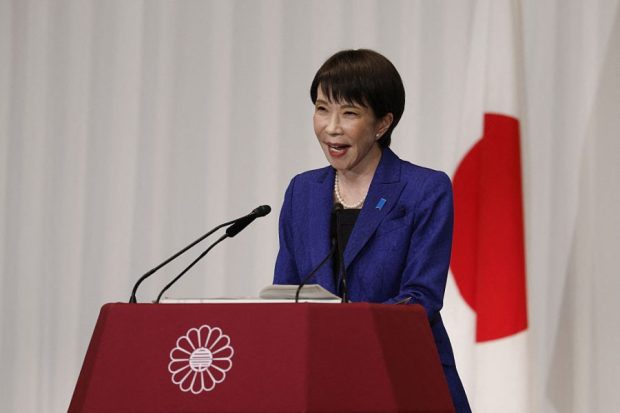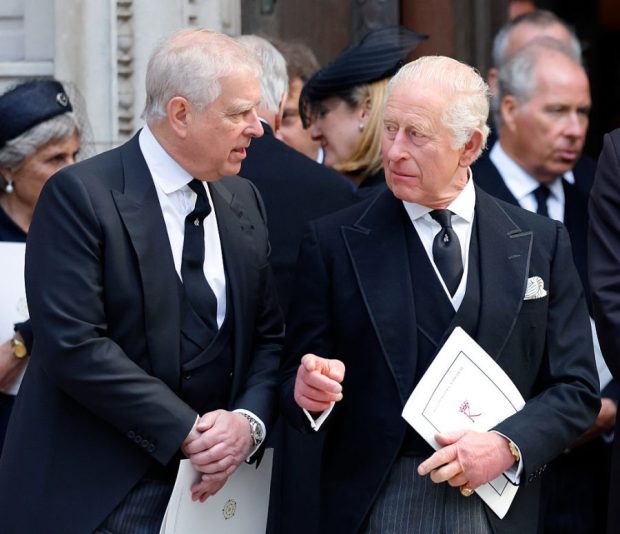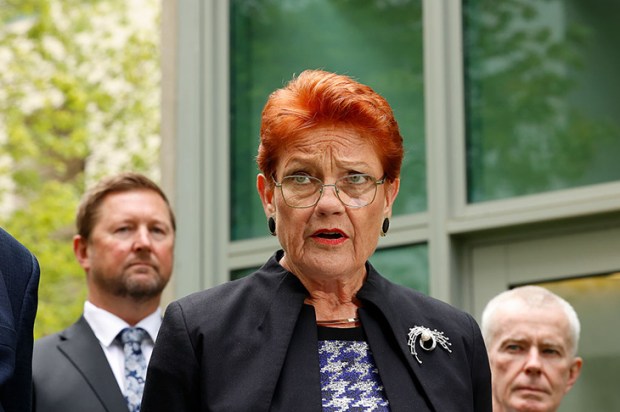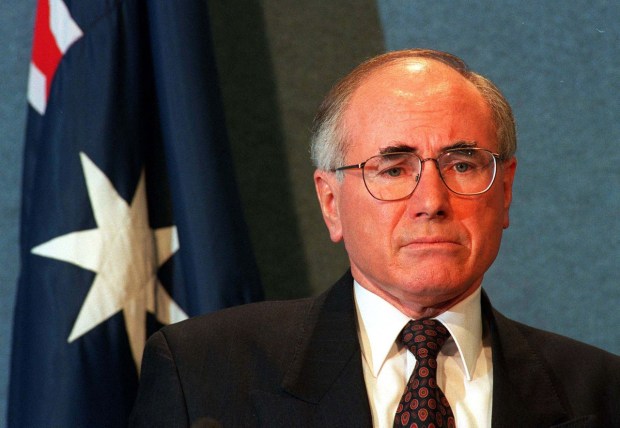This “Brexit election” was about a lot more than Britain and the European Union. It was about the future of globalisation. As Gordon Brown underlined after the referendum, voters who chose to leave the EU had suffered unrelenting indignities on the “wrong side of globalisation”. These voters rang the alarm bells again in the European parliamentary elections in May this year and once again at this general election.
As prime minister, Boris Johnson’s test will not be whether he can deliver Brexit. Rather, history will judge him by his ability to counter his party’s conservative ideology and promote new opportunities for those who, with their children, are trapped in a bleak future. This could be Johnson’s ‘Nixon goes to China’ moment. But can he deliver?
British voters have now demanded Brexit three times
Brexit voters came from all backgrounds, rich and poor. But according to a study by the university of Warwick, a typical leave voter in June 2016 had low educational attainment, infrequently used smartphones and the internet, was more likely to receive government benefits, faced health adversities and suffered from low-life satisfaction. Such factors tend to carry on from one generation to another. To add insult to injury, globalisation’s casualties became the victims of the austerity imposed by David Cameron and his chancellor George Osborne.
Although other factors were at play – a legitimate desire to regain control of parliamentary sovereignty and, at times, xenophobia and nationalism – were at play, the key explanation for the Brexit vote was economic hardship. Theresa May, when she was prime minister, seemed to get this.
In October 2016, she promised a Britain that “works for everyone”. She remained mired, however, in career-ending Brexit negotiations. Voters repeated their message in the May 2019 European parliamentary elections. Those who had voted to leave now voted for the Brexit party or chose to not vote at all.

At this week’s election, British voters have empathetically repeated their message a third time. They have rejected the Labour party, despite its promise to improve their lot and ushered in Boris Johnson as prime minister on his promise to deliver Brexit.
Will Boris’s Brexit benefit Britain? Not if his main focus is on forging new trade treaties. Don’t bank on it. Harvard economist Dani Rodrik has repeatedly warned that while globalisation’s benefits have reached near saturation point, globalisation’s costs to those left behind have grown more acute.
In the United States, many workers have permanently lost well-paying jobs to imports of cheap manufactured products. This has wrought significant damage in old manufacturing centres. In these blighted regions, financial insecurity has elevated social stresses and the use of opioids has spiralled. This same pattern has been repeated in all western democracies as trade integration left behind – and quickly forgot – desolate towns and districts.
While academic studies are gradually catching up with the reality of globalisation-induced distress, the EU—despite claims to fostering social protections—continues to proudly represent itself as the pinnacle of globalisation through the four freedoms of movement of goods, services, capital and people.
European policymakers have proven politically unable to provide sufficient social democratic compensation to those hurt by these freedoms. Brexit is the most advanced political protest against this callous neglect.
Boris got the history right
Boris Johnson saw clearly another strand in Britain’s opposition to the EU. From the very inception of the European project, the British have been much more assertive of their parliamentary sovereignty than other European nations. When, in May 1950, French foreign minister Robert Schuman and Jean Monnet, a senior French civil servant at the time, arrived in London to sell the European project, Clement Attlee’s government shooed them away on the grounds that the project would undermine the British parliament.
The British attitude to the EU has remained consistently transactional. Rejecting dreamy promises of political union, British prime ministers have asked: are the gains through increased trade large enough to offset the diminution of national sovereignty? This was as true of Margaret Thatcher as of Gordon Brown.
In the run up to the referendum, Johnson used the same calculus as past British leaders had to make the case for leave. The British parliament, he said, was being marginalised. By 2016, between 15 and 50 per cent of various categories of British legislation was written in Brussels—the dreaded 80 per cent marker predicted by European Commission president Jacques Delors in 1988 loomed. He also made the point that Brits could not vote out lawmakers in Brussels.
Johnson’s position was not controversial. Even Ivan Rogers, a former British ambassador to the EU, has acknowledged that the EU’s reach extends “well beyond the technical regulatory domain into huge areas of public life,” a condition, he recognises, “honourable” persons can reasonably regard as “intolerable for democratic legitimacy and accountability.”
After he became prime minister in July, Johnson also understood that the Irish question and Brexit needed untangling. Two different histories had unexpectedly met at this sensitive, potentially explosive, intersection. Johnson took a step forward by negotiating a new Withdrawal Agreement from the EU, one that would enforce customs checks on sea ferries crossing between Britain and Northern Ireland, thus bypassing the impossible alternative of a Brexit-induced “hard” customs border between Northern Ireland and the Republic of Ireland. The Irish question will need a more durable political resolution—but continuing to intertwine it with Brexit could only have further inflamed passions.
Can Boris get the future right?
Johnson’s sense of European political history has helped him get the past right. But the future depends on restoring a sense of social justice at home. In principle, it should have been possible to stay in the EU and bring relief to those hurt by globalisation. But the Labour party failed to make that case. The party’s leadership remained ambiguous on Brexit and proved unable to persuade voters that it could deliver ambitious social welfare programs.
So it falls on Boris Johnson’s government to seize the historic moment. The economic momentum appears to be moving in his favour.
Despite scary numbers by official agencies that Brexit would cause large and lasting damage to the British economy, the evidence thus far is consistent with predictions of economic theory, that changes in trade relationships have real but limited short-lived costs. Textbook economics says additional trade barriers after Brexit will change the allocation of business investment across different activities but will only modestly reduce long-term output.
In the short-term, businesses have held back their investments, waiting for the uncertainty on the timing and nature of Brexit to clear up. That waiting period appears to be ending. The Bank of England anticipates that businesses will begin to “boost” investments in 2020 as “Brexit-related uncertainties begin to dissipate.”
Looking ahead, public discourse has focused on Johnson’s frequent reference to taking advantage of Brexit by introducing new tax allowances for investment, speeding up public procurement contracts, creating new free ports and enterprise zones and devising “better” regulation in biosciences and financial services. Some conservative activists have also called for weaker environmental and labour law protections (on working time and maternity rights), deceitfully portraying that as a mythical “Singapore-on-Thames.”
Such economically dubious and political naive rhetoric has been greatly toned down, perhaps in view of its unpopularity among dispossessed voters who backed Brexit in the first place.
Indeed, Johnson’s government has instead stolen “a few of Labour’s clothes: a higher minimum wage; extra money for the NHS; modest increases in infrastructure spending.” Is this political opportunism or can the conservative “leopard” truly change its spots?
History’s judgment of this moment will hinge on whether the Johnson government creates a fairer Britain, one that successfully provides the extensive social relief that large segments of British voters are demanding.
The central task is to enhance equality of opportunity, which means mammoth investment in education for those trapped in desolate locations; it means also breaking the desolation by greatly improving physical and electronic connectivity. Johnson has promised all this. Can he deliver?
Much as US president Richard Nixon built the American bridge to China with the political advantage that, unlike a Democratic party president, he would not be accused of selling out to the communists, the Johnson government can—and must—pursue a conservatism that adopts social democratic ideals.
If Johnson can do a “Nixon goes to China,” he would have made a monumental contribution to healing Britain. Even more so, he would have shown the world that a compassionate globalisation is possible.
If he fails—or worse, if he does not even try—not only would his reputation and legacy be in tatters, social ferment and political disorder in Britain and elsewhere could continue its march to the ominous threshold of no return.
Ashoka Mody is visiting professor in international economic policy at Princeton university. He is author of EuroTragedy: A Drama in Nine Acts, Oxford, 2018, paperback January 2020.

